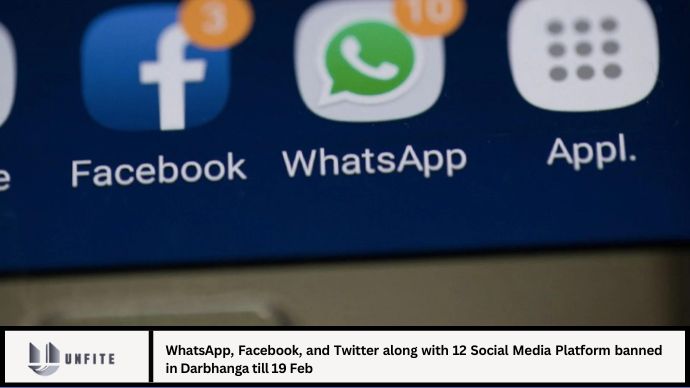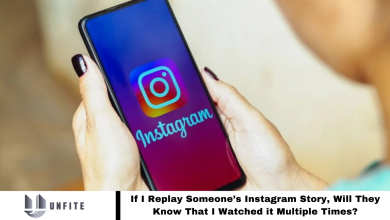WhatsApp, Facebook, and Twitter along with 12 Social Media Platform banned in Darbhanga till 19 Feb

In a surprising move, the district administration of Darbhanga has imposed a temporary ban on several popular social media platforms, including WhatsApp, Facebook, Twitter, and 12 others. This decision has sparked debates and concerns over freedom of expression, security measures, and the role of social media in modern society. Here, we delve into the reasons behind this ban, its implications for residents and businesses, and what it means for the future of digital communication in Darbhanga.
Understanding the Social Media Ban in Darbhanga
The ban, effective until 19th February, is aimed at maintaining law and order in the district amidst ongoing social unrest and security concerns. Authorities have cited instances of misinformation and provocative content circulating on these platforms, which could potentially incite violence or disturb public tranquility. By temporarily restricting access to these platforms, the administration aims to prevent the escalation of tensions and ensure the safety of residents.
Impact on Communication and Connectivity
For the residents of Darbhanga, the ban has had significant implications on their daily lives. WhatsApp, known for its ubiquitous use in communication, is now inaccessible, disrupting personal and professional interactions. Similarly, Facebook and Twitter, platforms integral to information dissemination and community engagement, are also offline. This outage has underscored the reliance of modern society on digital platforms for connectivity and information exchange.
Legal and Regulatory Framework
The decision to ban social media platforms raises important questions about the legal and regulatory framework governing digital communications in India. While authorities have the prerogative to impose such bans under the Information Technology Act, concerns about freedom of speech and expression have been raised. Balancing security imperatives with constitutional rights remains a challenge for policymakers and legal experts alike.
Public Reaction and Community Response
The ban has elicited mixed reactions from the public, with some supporting the move as necessary for maintaining peace and order, while others criticize it as an infringement on fundamental rights. Social media has been a powerful tool for activism, community organizing, and political discourse, making its absence keenly felt in times of crisis. Civil society organizations and advocacy groups have voiced concerns about the broader implications of such restrictions on democratic norms and digital rights.
FAQs
1. Why were WhatsApp, Facebook, and Twitter banned in Darbhanga?
The ban was imposed to prevent the spread of misinformation and incendiary content that could provoke violence or disrupt public order amidst ongoing social tensions.
2. How are residents coping with the social media blackout?
Residents are adapting by using alternative communication methods such as SMS, phone calls, and face-to-face interactions. However, the absence of instant digital communication has impacted connectivity and information flow.
3. What are the legal grounds for imposing a social media ban?
The Information Technology Act grants authorities the power to block access to online content deemed necessary to maintain public order and security. However, such measures must balance security concerns with constitutional guarantees of freedom of expression.
4. How can businesses and organizations operate during the ban?
Businesses and organizations in Darbhanga are relying on alternative communication channels and offline methods to manage operations, customer relations, and public relations efforts.
5. What are the broader implications of this ban for digital rights in India?
The ban raises concerns about the balance between security measures and citizens’ rights to freedom of speech and expression. It prompts discussions on regulatory frameworks for social media and digital communications in the country.
Conclusion
The temporary ban on WhatsApp, Facebook, Twitter, and other social media platforms in Darbhanga underscores the complex interplay between security imperatives, digital rights, and public discourse. While aimed at maintaining law and order during a sensitive period, the ban highlights the critical role of social media in contemporary society and its potential for both positive and negative impact. As authorities reassess the situation leading up to 19th February, stakeholders must engage in constructive dialogue to navigate the challenges of digital governance and uphold democratic values in the digital age.
while the ban addresses immediate security concerns, it also prompts reflection on the broader implications for freedom of expression and the future of digital communication in India. Finding a balance between security measures and fundamental rights remains pivotal as societies continue to grapple with the complexities of the digital landscape.




